QuestionHi,
For a few months I've noticed that my dog (a large mixed-breed stray we adopted years ago) sometimes sits on the grass when I walk her and she drags her butt, as if scratching. My sister gave her a bath yesterday and says she noticed a hemorrhoid! What can we do, short of operating? I am taking her to the vet on the weekend, but I am worried and would like some advice now.
Thanks!
AnswerHello Grace -
Without really seeing your pet I cannot be sure but it sounds more like your pet has an impacted anal gland rather then a hemorrhoid.
Anal gland disease is one of the most common reasons a dog will lick under the tail. Dogs and cats have two anal glands (also called anal sacs) on each side of the anal opening. These can become impacted or infected. If they do, the pet will often lick the area to try to relieve the pressure in the glands. Some dogs will also 'scoot' along the floor when they have an anal gland problem.
Anal gland impactions, infections, and abscesses can occur. Here is how: For various reasons, such as the conformation of the animals, the thickness of the gland's secretions, or the softness of the stool, these glands and their ducts often become clogged, or 'impacted.' When this occurs, the animal will sit down on its rear quarters and drag its anal area across the floor or ground. This is called 'scooting.' Both dogs and cats may lick the anal area excessively. Impacted anal glands are a very, very common problem for dogs, especially the smaller breeds.
Anal glands may also become infected and abscess. Bacteria make their way into the glands, probably through the ducts. This is a very painful condition, and the first sign you may see is that the animal attempts to bite or scratch when you touch the area near the tail.
When the glands become impacted, a veterinarian, groomer, or holistic practicioner must clean them out, or 'express' them. Your vet will be able to teach you how to do this as well. This empties the glands of all material. It is done by applying pressure with the finger, start below the gland and then pushing upwards. In some dogs, this needs to be done every week or two.
Impacted glands do not affect the overall health of the pet. The problem is that pets may injure the anal area when scooting across the ground, or discharge the secretion on the carpet or floor. And this material has a terrible odor.
Anal gland abscesses must be lanced by a veterinarian, and antibiotics are usually given to the pet for seven to 14 days. Using warm compresses on the area often helps to relieve some of the pain and reduce swelling. Secondary problems sometimes occur with abscesses, as they may cause scar tissue or other damage that may affect the nerves and muscles in this area. This can cause fecal incontinence, meaning the pet cannot retain its stools.
If an individual pet only has an occasional problem with the gland, they can be dealt with as needed. However, for pets with repeated or chronic problems, surgical removal of the glands is recommended. With the removal of these glands all problems associated with these glands are eliminated for the remainder of the pet's life. Although a fairly simple procedure, complications such as fecal incontinence can rarely occur.
Dogs with recurrent anal gland impactions are often placed on a high fiber diet. The high fiber makes the animal's stool more bulky. The stool will put more pressure on the anal glands and hopefully the glands will express themselves when the animal defecates. There are several all natural commercial brands of high fiber dog food available such as Nutro. Animals may also be supplemented with bran or medications such as Metamucil which will increase the bulk of the stool.
I hope this information has helped you and your pet.
If you are interested in natural and herbal remedies for human and animal concerns please contact me at wintersaurora@yahoo.com and I will be happy to assist you. I also offer a catalogue of specially formulated herbal remedies which I can send to you as well. My products are also available online at www.localharvest.org.
Thank you and best wishes to you and your pet.
Sincerely,
Sharon Hubbs, AHG
Certified Natural Health Consultant & Herbalist

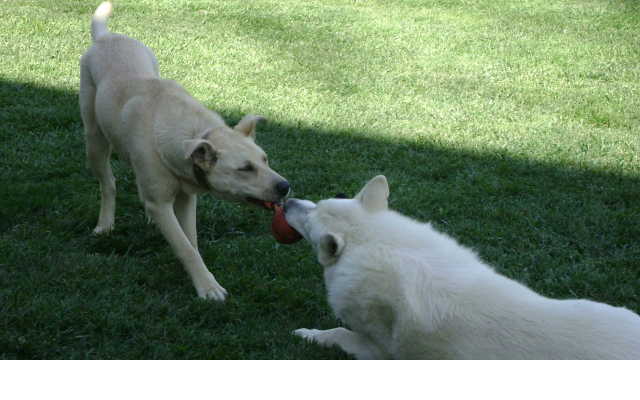 mixed breed losing hair/itching
Question
Anna before she starte
I adopted a mix breed l
mixed breed losing hair/itching
Question
Anna before she starte
I adopted a mix breed l
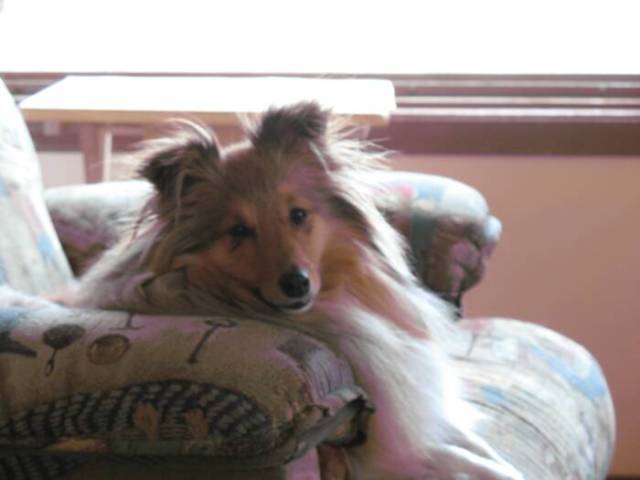 Female Canine Incontinence
QuestionI have a 6yr old spayed female shep/collie mix
Female Canine Incontinence
QuestionI have a 6yr old spayed female shep/collie mix
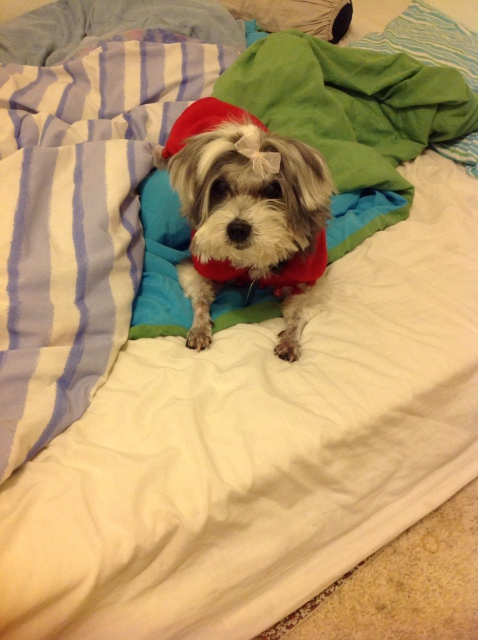 Liver problem
Question
Jojo
Hello. My jojo (17 yrs. old dog) b
Liver problem
Question
Jojo
Hello. My jojo (17 yrs. old dog) b
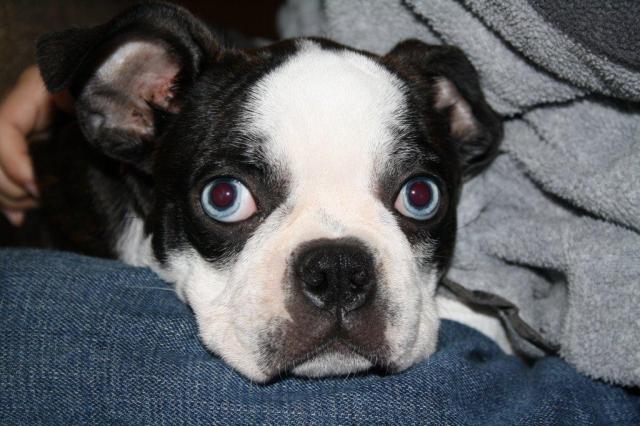 Blue-eyed Boston; Boston Terrier Experts;
Question
Babys Got Blue Eyes
My family recently acquire
Blue-eyed Boston; Boston Terrier Experts;
Question
Babys Got Blue Eyes
My family recently acquire
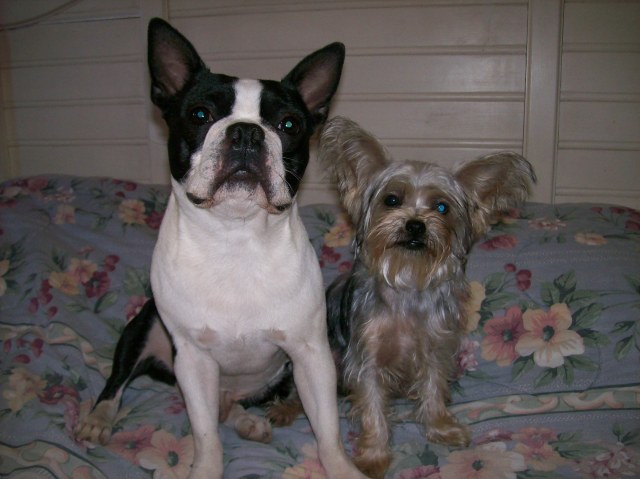 Boston Terrier / Recipe - HOME made dog food from Pet Nurse Marie
Question
My little BT
I have a 2 year old Boston terrie
Boston Terrier / Recipe - HOME made dog food from Pet Nurse Marie
Question
My little BT
I have a 2 year old Boston terrie